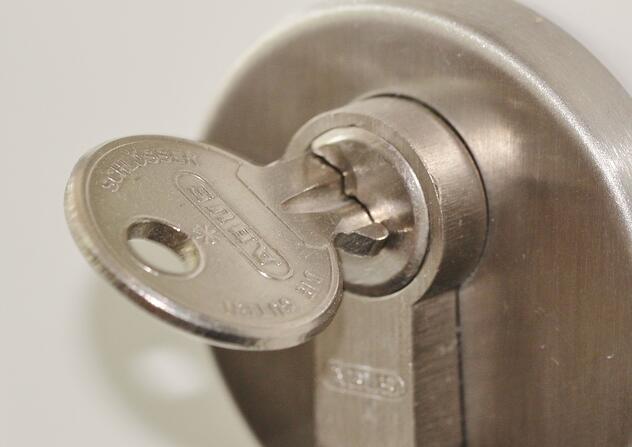To hold someone in a confined space against their will is a felony in Wisconsin.
There are various instances where a false imprisonment charge might be brought, including burglary or robbery situations or even escalations of domestic disputes. Not all charges of felony false imprisonment are legitimate, however.
In many cases, the charge of false imprisonment may be added to other charges as part of the prosecution's attempt to extend a prison sentence.
If you've been charged with false imprisonment, there are several ways your attorney may defend you against these charges.
If you are facing charges of false imprisonment in Wisconsin, contact an experienced criminal defense attorney right away to help in your defense.
What is False Imprisonment?
False Imprisonment falls under Wisconsin Statute 940.30, which defines this offense as, "intentionally confining or restraining a person without their consent."
Wisconsin law classifies a conviction of false imprisonment as a Class H felony, which helps to inform the penalties for this criminal offense. If convicted of false imprisonment in Wisconsin, you could potentially be fined up to $10,000 and/or six years of imprisonment, in addition to the suppression of various civil rights even after the sentence has been served.
Because so much is at stake, a strong defense is especially important.
Depending on the details of your case, your lawyer might recommend one of the following possible defense strategies be useful in your case.
If you do not already have a criminal defense attorney, read the article, "How to Choose the Right Criminal Defense Attorney" by Stangl Law to learn important tips.
Intention to Confine the Person
A false imprisonment charge may be challenged if someone is found to have locked a door to a room or other space without knowing someone else was inside.
Boundaries don't always have to be physical. Charges might be brought based on the victim's fear of bodily harm should they try to escape. They may think they are not free to leave, but that assumption may be based on a misunderstanding rather than an actual crime.
The Boundaries Imposed Did Not Confine the Person
If someone locks the front door of a space, but there is an easily-accessible back door that provides a reasonable means of escape, this also may be used as a defense for false imprisonment charges.
In addition, there may be cases where a door is locked from the outside, but there are keys readily available which would allow for escape. This might slow a person down, but would not represent true confinement.
The Confinement Was Made in Good Faith
There are also times when one person will confine another for legitimate reasons.
The other person may be displaying behavior which suggests that person might harm himself/herself if not confined temporarily. The person who is doing the confining may believe that by confining the other person, they are actually protecting that individual.
Parents of minor children are within their rights of parental authority if they decide to confine their children in a safe space for a reasonable amount of time.
In some cases, there are merchants who confine those who have threatened violence, or have stolen from their establishment, with the intention of following up with law enforcement. These merchants should not be subject to false imprisonment charges in most cases.
Lack of Evidence of Confinement
There are some cases where a change of false imprisonment may be brought even though evidence to support the accusation is not substantiated.
If there is not proof that the person was truly confined, it becomes a case of one person's word against the other. If you're in a similar situation, having representation from a skilled and aggressive criminal defense attorney can make a huge difference in your defense.
How to Fight False Imprisonment Charges
If you've been charged with felony false imprisonment, being convicted can seriously impact your life.
An experienced criminal defense lawyer will listen to your version of the incident and work with you to collect evidence and organize a solid defense, increasing the likelihood of:
- Having the charge of false imprisonment dropped
- Acquittal of the charge of false imprisonment
- Reduction of false imprisonment charge to lesser, non-felony charges
FREE 10-Minute Consultation
Wisconsin Criminal Defense Attorney Patrick Stangl is pleased to offer you a FREE 10-minute consultation to discuss the details of your case and explore options for your defense. It's easy to start the process for this no-obligation consultation; just click the link below.
Stangl Law Offices, S.C.



